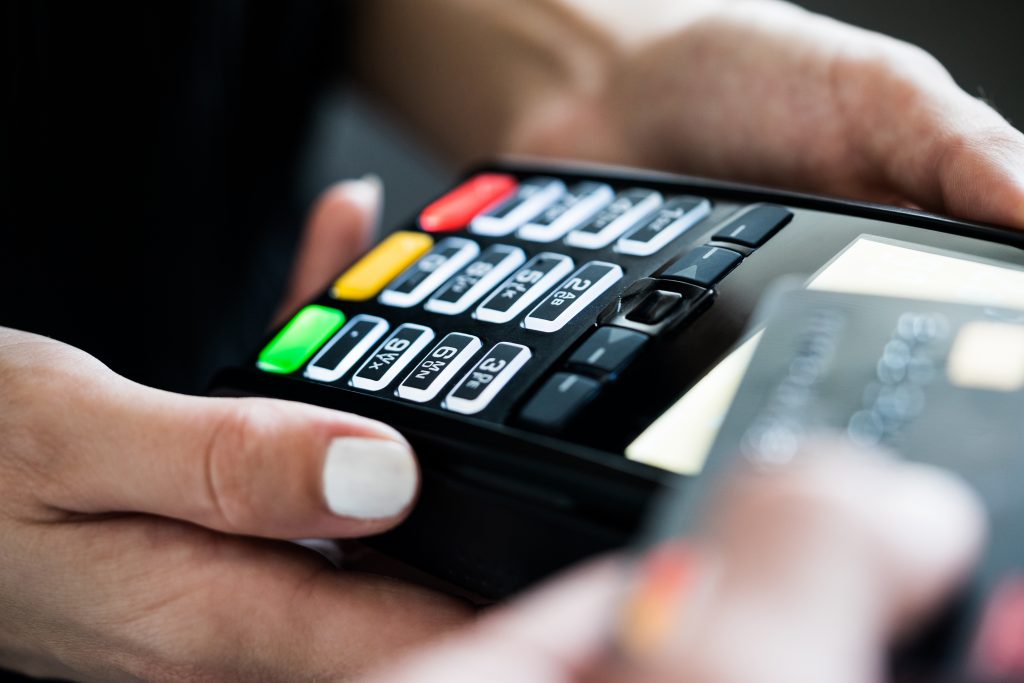
Let face it, most of us like to spend money. Science shows us that often when we go shopping our bodies start producing greater amounts of the feel-good neurotransmitter dopamine.
Credit card providers know this all too well and have plenty of tricks up their sleeve to encourage us to load up that credit card.
Here are some of their most common traps.
1. Points and bonuses
Sometimes people end up spending a lot more on their credit cards than they would otherwise, simply because they’re chasing points (and/or bonuses).
If you’re one of those who likes to collect points through your credit card – and can’t be convinced otherwise – just make sure you set up a system to ensure you pay your credit card off in full at the end of each month (like automatic payment, or calendar reminders).
If you end up paying interest on your credit card, it’s likely you’re cancelling out any bonuses received. In fact, you’re paying for them.
2. Interest-free periods
There’s lots of credit card providers that offer interest-free periods. And sometimes they hope you won’t check the fine print.
Some retailers will offer 12-50 months with no interest and no repayments, making it possible for you to walk away with a shiny new product (hello new couch) without spending a cent.
However, once the interest-free period ends, interest rates can be as high as 30%, and the credit provider is under no obligation to remind you when that period ends.
Additionally, if you purchase anything else on that card other than the original purchase, it probably won’t be covered under the initial interest and repayment free conditions.
One more warning: interest free doesn’t necessarily mean fee-free.
3. Cash advances
While cash advances might seem like a good option to tide you over until pay day, they actually accrue a much higher rate of interest straight away (up to 30%). Plus, you may incur a cash advance fee – which is usually a percentage of the amount withdrawn.
It’s best to avoid them if you can.
4. Multiple fees
On top of regular annual or monthly fees, some cards have additional fees that will vary depending on how you use your card.
You can be charged extra fees for failing to meet minimum repayments, for exceeding your credit card limit, and for withdrawing money.
Be sure to understand your card fee structure, so you understand the true cost of making a late payment.
5. Paying only the minimum
When it comes repayment time, be careful about only paying the minimum amount outlined on your bill.
This amount will leave a balance that will continue to accrue interest, and will end up costing you more in the long run.
Ideally you will pay your credit bill in full each month.
And if that’s not quite possible, make sure you pay the maximum you can afford to reduce the time (and interest) it takes to pay off your card in full.
Final word
Not all debt is bad and we appreciate that better than most. But it’s fair to say that credit card providers don’t always have your best financial interests at heart.
Credit cards can be a good way to manage your household expenses (and keep cash in your offset account for as long as possible), but you need to be paying off your card in full each month.

